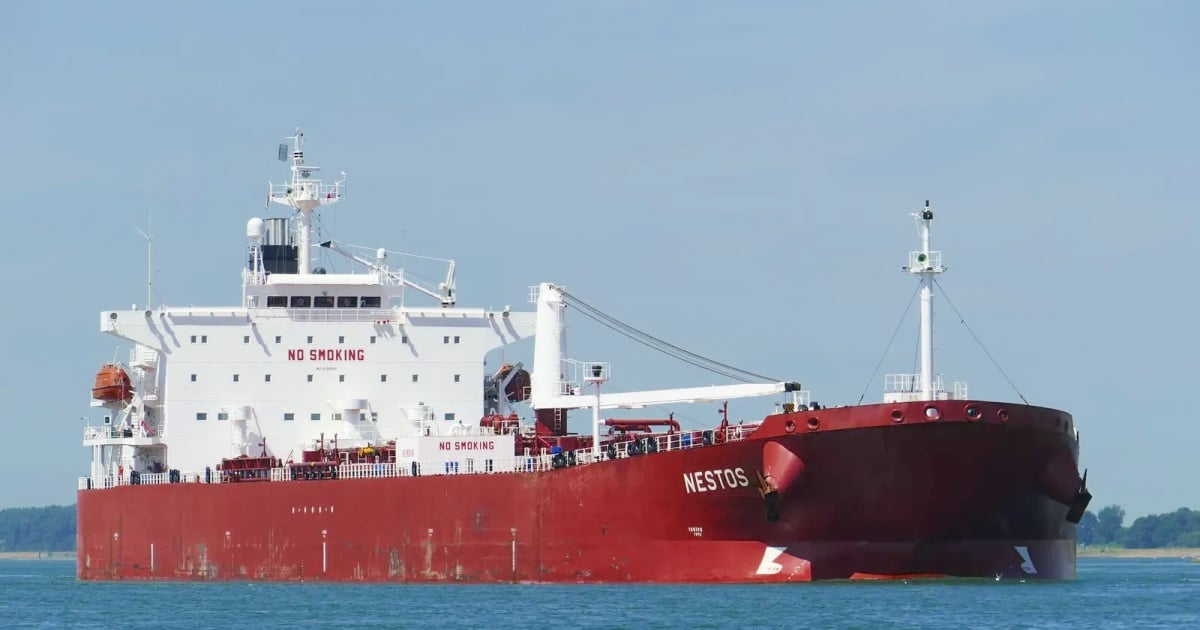
Mexico increased its oil shipments to Cuba in anticipation of the Venezuelan crisis and despite potential sanctions for violating U.S. laws regarding the embargo on the island.
Mexican press reported this Saturday that crude oil exports to the largest of the Antilles account for a quarter of the island's needs, with the rest supplied by Venezuela.
However, Petróleos Mexicanos (Pemex) increased its crude oil exports to Cuba this year, while Venezuela reduced shipments at the beginning of the year due to the higher demand for its oil in the context of the temporary lifting of sanctions by the United States.
According to the newspaper La Vanguardia, from January to March, Gasolinas Bienestar, a subsidiary of Pemex, sold 21.8 thousand barrels of crude oil daily to the island, which represented a 30% increase from the 16.8 thousand barrels sent between July and December 2023.
PEMEX exported to the Caribbean nation, in addition, 3.6 thousand barrels per day of gasoline and other petroleum products, an increase of 9% compared to last year.
A report from that company consulted by the newspaper states that "in the three months ending March 31, 2024, Gasolinas Bienestar, S.A. de C.V. exported 21.8 thousand barrels of crude oil per day and 3.6 thousand barrels of petroleum products for a total amount of 3.3 billion pesos [200 million dollars]."
The University of Texas estimates that Mexico's exports to Cuba account for a quarter of the island's needs, and the rest is supplied by Venezuela.
However, following the threat of sanctions against PEMEX by the United States, which considered withdrawing an $800 million loan, the government of Andrés Manuel López Obrador chose to send the oil through subsidiary companies.
For the director of the consulting firm GMEC, Gonzalo Monroy, this is a completely political decision, as it is being carried out under the Gasolinas Bienestar subsidiary and not through PMI, the Pemex subsidiary responsible for the international trade of crude oil and derivatives, which operates in the United States and can indeed be sanctioned.
What do you think?
COMMENTFiled under: